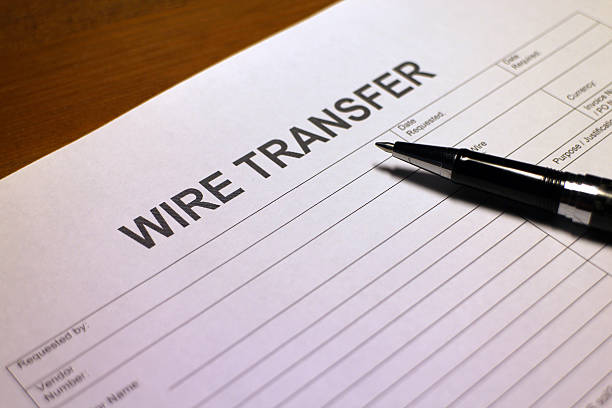Reasons for Changing Routing Numbers:
Merger or Acquisition: In the event of a merger or acquisition involving financial institutions, the resulting entity might decide to consolidate operations, including routing numbers. This is done to streamline processes and enhance efficiency.
Rebranding or Name Change: Sometimes, banks opt for a rebranding strategy or undergo a name change due to market positioning or other factors. In such cases, a routing number change might be deemed necessary to reflect the new identity.
Geographic Expansion: When a bank expands its operations to new regions or states, it might decide to establish a new routing number specific to those locations. This approach helps in managing local transactions more effectively.
Security Concerns: In rare cases of security breaches or suspected compromises, a bank might opt to change its routing number to protect its customers from potential fraudulent activities.
The Process of Changing Routing Numbers:
Changing a routing number isn't a simple task, as it involves numerous complexities. The steps include:
Internal Planning: The bank's management team devises a comprehensive plan for the routing number change, including strategies for customer communication and system updates.
Customer Notification: Banks inform their customers well in advance of the impending change, providing them with the new routing number and instructions on how to update their payment information.
Updating Systems: Banks need to update their internal systems, databases, and third-party service providers to incorporate the new routing number seamlessly.
Transition Period: During the transition period, both the old and new routing numbers might be functional. This ensures that transactions with the old routing number are not disrupted while customers and institutions adapt to the change.
Phasing Out the Old Routing Number: Once the transition is complete and customers have updated their information, the old routing number is eventually phased out.
Implications for Customers:
For customers, a routing number change might necessitate updates to various payment methods, such as direct deposits, bill payments, and electronic transfers. It's crucial to keep track of communications from your bank and promptly make the necessary changes to avoid disruptions in your financial transactions.
In conclusion, while changing a routing number is not an everyday occurrence, it's a process that banks may undertake under specific circumstances. Such changes require meticulous planning, effective communication with customers, and seamless system updates to ensure minimal disruption to the banking experience. As a customer, staying informed and promptly following any instructions from your bank is key to navigating a routing number change with ease.
Frequently asked questions (FAQs) related to bank routing numbers and bank routing information:




